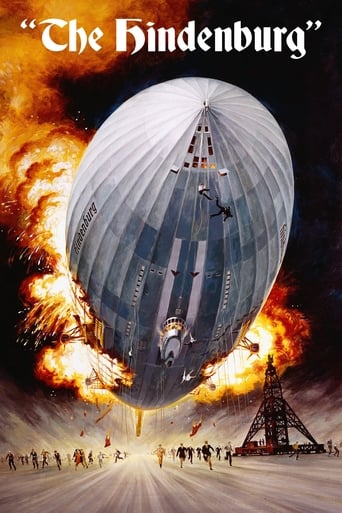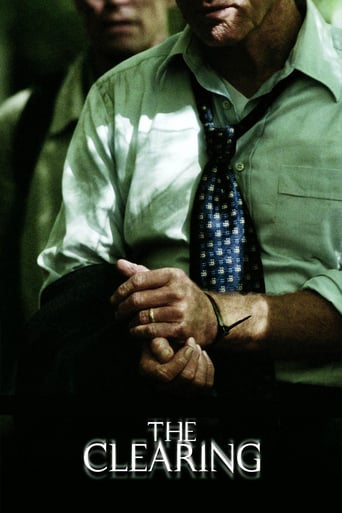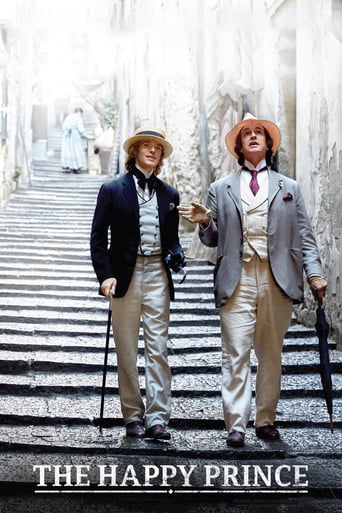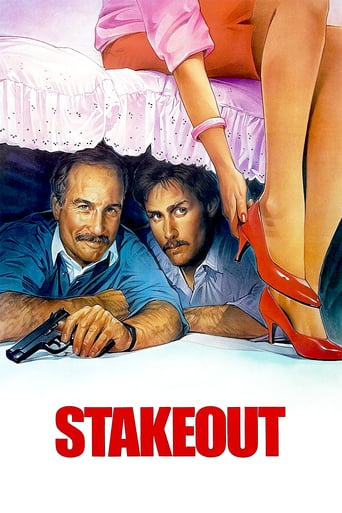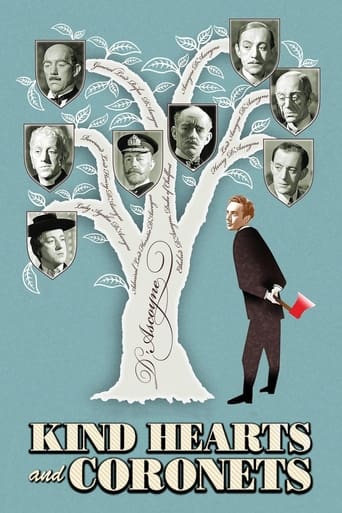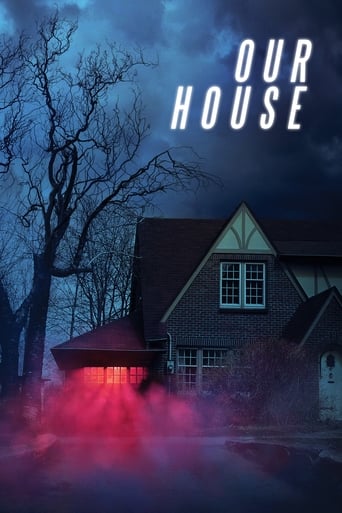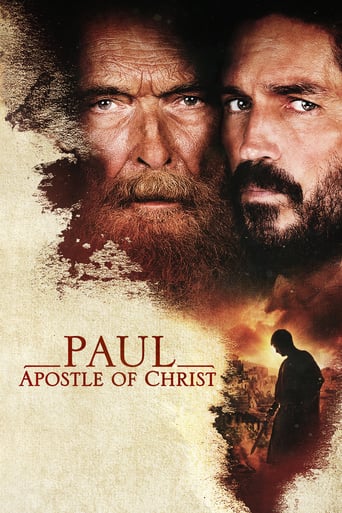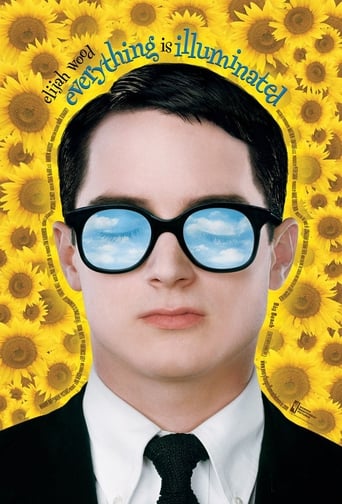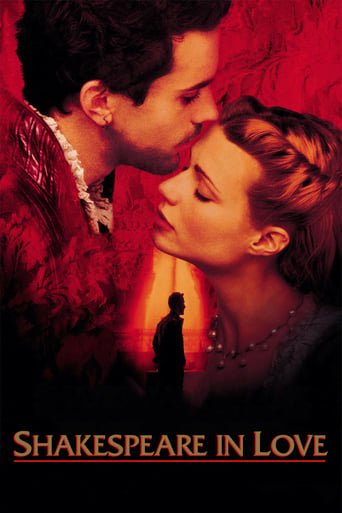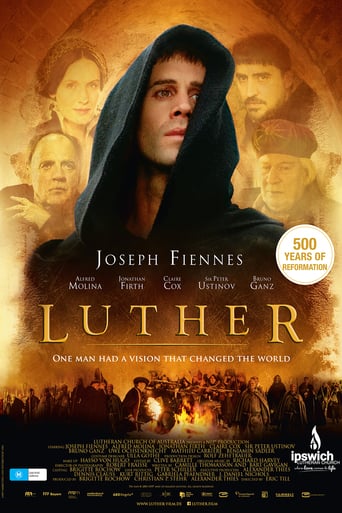


Luther
During the early 16th century, idealistic German monk Martin Luther, disgusted by the materialism in the church, begins the dialogue that will lead to the Protestant Reformation.
-
- Cast:
- Joseph Fiennes , Jonathan Firth , Claire Cox , Alfred Molina , Peter Ustinov , Bruno Ganz , Uwe Ochsenknecht


Similar titles
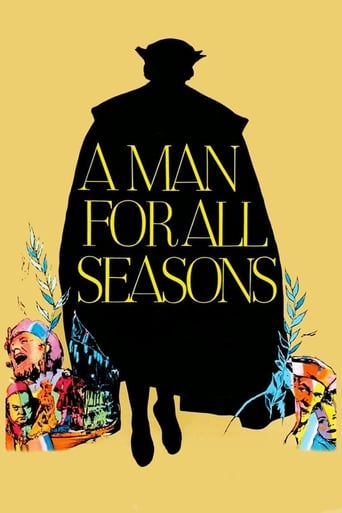
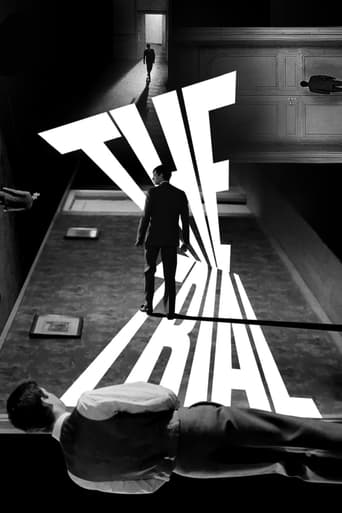

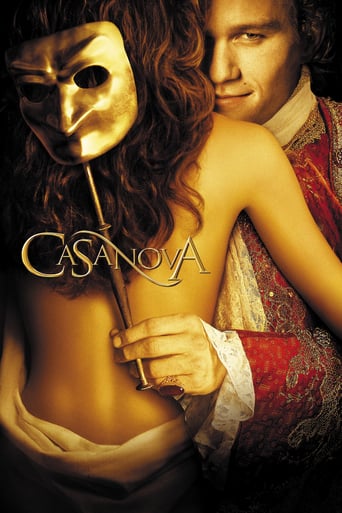
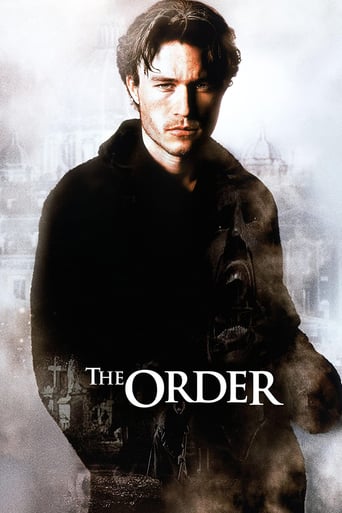
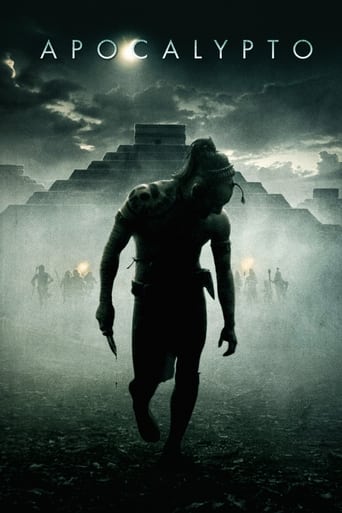
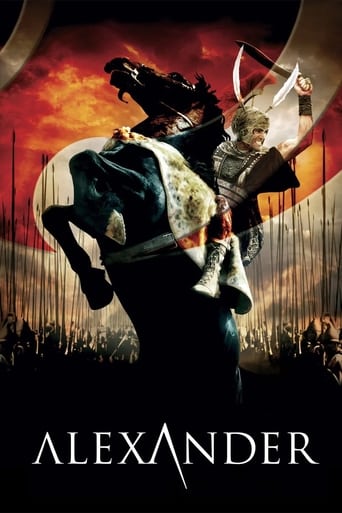
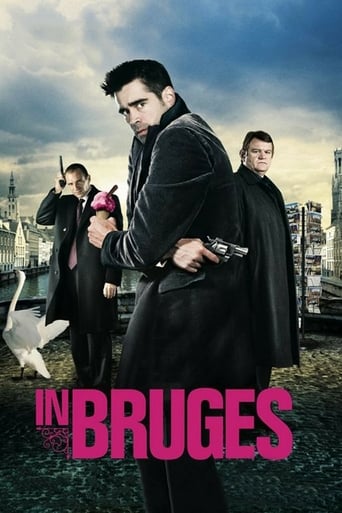
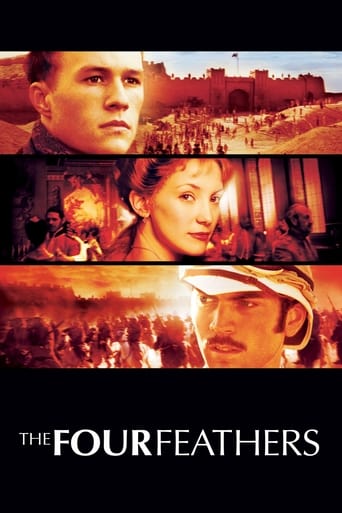
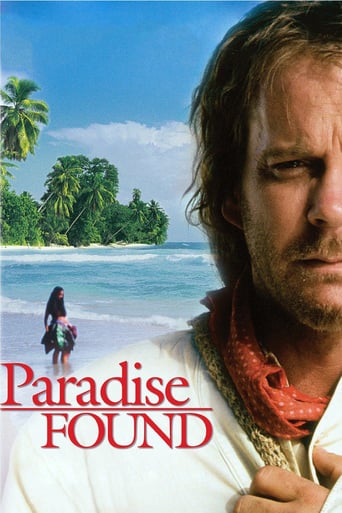
Reviews
Masterful Movie
Great Film overall
A terrific literary drama and character piece that shows how the process of creating art can be seen differently by those doing it and those looking at it from the outside.
Worth seeing just to witness how winsome it is.
In retrospect, it is hard to believe that it took until 2003 for a movie about Martin Luther (1483-1546) and the Lutheran Reformation to reach the big screens. Made through the cooperation of the Lutheran and the Catholic Churches, Eric Till's LUTHER begins with Luther's days as a young, novice Catholic monk and ends just as the Lutheran Church itself is being formed. The movie is gorgeous to look at: the settings are beautiful (yet not improbably "clean"), the costumes even more so. Richard Harvey's musical score, as exquisitely crafted as a medieval tapestry, is surely one of the greatest movie scores composed within the last fifteen years. Its main themes stay in the memory long after the screen has gone dark.It is easy to see why Joseph Fiennes, then fresh from Shakespeare IN LOVE, was cast as Martin Luther: thin and fair, even pale, he looks like nineteenth-century depictions of the young Luther by such artists as James Tissot, and not unlike the few from-life portraits of him. Fiennes' long face, with wide hazel eyes that can burn with fear, anger, or compassion, is always "readable," a perfect reflector of emotion. He is great at conveying the young monk's sincere piety, extreme anxiety about Hell, and barely controlled rage at the Church corruption he sees. His scenes with his sympathetic confessor (Bruno Ganz) and his scene before the intimidating Cardinal Cajetan (Mathieu Carriere) are particularly poignant and riveting, as are the scenes in which he visits Rome and sees its corruption firsthand.Though Luther's disillusionment with the Catholic Church is clear in Fiennes' portrayal, the staunch Catholics in LUTHER are not cardboard villains. The kind-faced Alfred Molina, for example, makes indulgence seller Johan Tetzel oddly easy to relate to; you feel that his intentions are pure. Jonathan Firth (younger brother of Colin, just as Joseph Fiennes is the younger brother of Ralph) is an elegant Giralomo Aleander, the Vatican official who oversees Luther's trial. Sir Peter Ustinov (himself a Lutheran), who died just months after LUTHER premiered, is a joy to watch as Prince Frederick the Wise, Luther's supporter. Other delights include the German actor Torben Liebrecht, who looks uncannily like the youthful portraits of the Holy Roman Emperor he portrays; a "cameo appearance" by Louis Cranach, the Renaissance artist who painted Luther's portrait; and a period song with which Claire Cox, who makes the most of her brief scenes as Luther's strong-willed wife, serenades her fiancé.The movie's one drawback is its less-than-perfect screenplay. The "riot" scenes that follow Luther's trial (the smashing of the icons, the Peasants' Revolt) are telescoped, melodramatic, and simply less interesting than are the "theological" scenes. Moreover, the screenplay seems to assume a certain level of prior audience familiarity with both medieval theology and Reformation history; it would be good, then, to know something about both before watching LUTHER. But theology is a hard topic to make entertaining for the masses, and in LUTHER the attempt was very nearly a complete success.
A film like this one is to be appreciated. Cinema should also effectively contribute to the culture of people. Many know that Luther existed but nothing more than that. This material gives an extract of the life of Martin Luther, role played well by Joseph Fiennes. In a state of discontent anywhere a rebel will reign easily, and it was clear that many priests in Germany were not glad at all with the dictatorship of Roman Church.Historically many things were just imposed by the Roman Church like the bible in Latin when a few people understood this dead language, the celibate of the priests, their privileges among the poor populations and many others. Luther understood well this situation and became a rebel and hero for church re vindication. Many Germans and Nordic nations embraced the ideas of Luther, and this led to the establishment of a new church (the Lutheran) with temples without icons and with new approach for serving God and the suffering people.The film was able in a short period of time to give a vision of all these problems. May be split in two parts of 120 minutes each would have been a good idea for making such a film.Peter Ustinov played well the role of Frederick The Wise. Certainly one enjoys looking at his performance in this material. The rest of the cast did also a very good performance.
I'm a bit of a history geek so I try to watch most of the movies that are set in a historical setting. Luther was, in the lack of a better word, interesting.There's some fine camera work, acting,the works but it just can't get top marks. It was too modern. Dialogues, interactions, it's too much 20th century. Luther speaks like a modern professor at the university, his students look like a bunch of twenty year olds who can't keep attention during class because they think where they will go out Friday night and so on. You just can't get immersed in the movie because of that.All in all, it's worth watching, but don't expect a masterpiece. 6/10*
Exactly fifty years earlier Martin Luther got himself an autobiographical film that starred Niall McGinniss and got great critical acclaim. With better production values, color, and an impeccably cast group of players this story of the founder of one of the sects of Protestantism is destined to be a classic. In the review I did of the earlier film I noted that Martin Luther was one of many founders of Protestantism. His Lutheran church became the majority faith of northern Germany, the low countries and of Scandinavia. Other folks like John Calvin in Switzerland, John Knox in Scotland, and even Henry VIII in England all can claim some credit for the Protestant Reformation. I think Luther's legacy in the political sphere may be a bit more unassailable. That other German, Johannes Von Guttenberg, may have invented the printing press and used to print a Bible, but Luther had the Bible translated in his native tongue of German. That book was a declaration of political as well as spiritual independence from Rome.As the previous film had to observe the Code, this version of Luther took us into young Martin's spiritual journey and what might have repelled him from the Catholic faith when he first went to Rome to study. The Papacy was at its lowest ebb at that time, it was a prize to be bargained for among the rich Italian families like the Borgias and the Medicis. Salvation was for sale, a contribution to the church could buy your way to a good afterlife. My favorite scene in the film is the young priest Luther in a sermon talking about all the relatives he bought or is planning to buy from the devil in hell. Luther also disdained the idea of a celibate clergy. In that one he certainly was ahead of his times. My own feeling is that part of the reason the Catholic Church today insists on the celibate priesthood is that they don't want to appear to be giving into one of Luther's main tenets.Joseph Fiennes makes a passionate Luther, a man willing to risk all for the sake of his new found faith. Which is an unshakable belief that faith alone insures salvation, that no human intercession by priest or Pope is necessary and that it follows that the Word of God is not something spoon fed to people by a clergy reading it from an ancient language that they alone know.Luther was not the first religious reformer, but what kept him from being burned at the stake like others was the protection of the Duke of Saxony played here by Peter Ustinov. Luther turned out to be Ustinov's final theatrical film. Playing the cultured and politically attuned Duke, Ustinov goes out with one of his best big screen performances.The less attractive aspects of Luther's character are left out of the film, his misogyny, his sexism, his raging anti-Semitism. As he got older, Luther suffered from a variety of health issues that made him a nasty tempered fellow. His later writings certainly reflect that.Our film ends with the Holy Roman Emperor Charles V having to deal with a whole gang of new Protestant states in the German portion of his realm in 1530. This was due to Luther and as I said before, Luther's legacy may be more political than spiritual.Luther is not only good entertainment, it's very good history and that's an unbeatable combination.

